10 Essential Major Label Debuts from Indie Artists

There comes a time in the life of many an indie rock band where they’ll face a dilemma of whether or not to take the leap over to a major label. And with matters of contracts and large sums of money, it’s not always an easy one, often a question of resources versus independence, financial security versus creative freedom. It doesn’t always work out; there are some albums we might never see reissued, and there are others that might not ever be released in the first place. But then again, some of the artists once associated with being the standard bearers of underground music—like Sonic Youth or The Flaming Lips—ended up with multi-decade tenures on a major. While sometimes the combination of left-field talent and big industry resources don’t always result in something great, there’s a long lineage of major label debuts that represent a major turning point for a band. Here are 10 of our favorites.
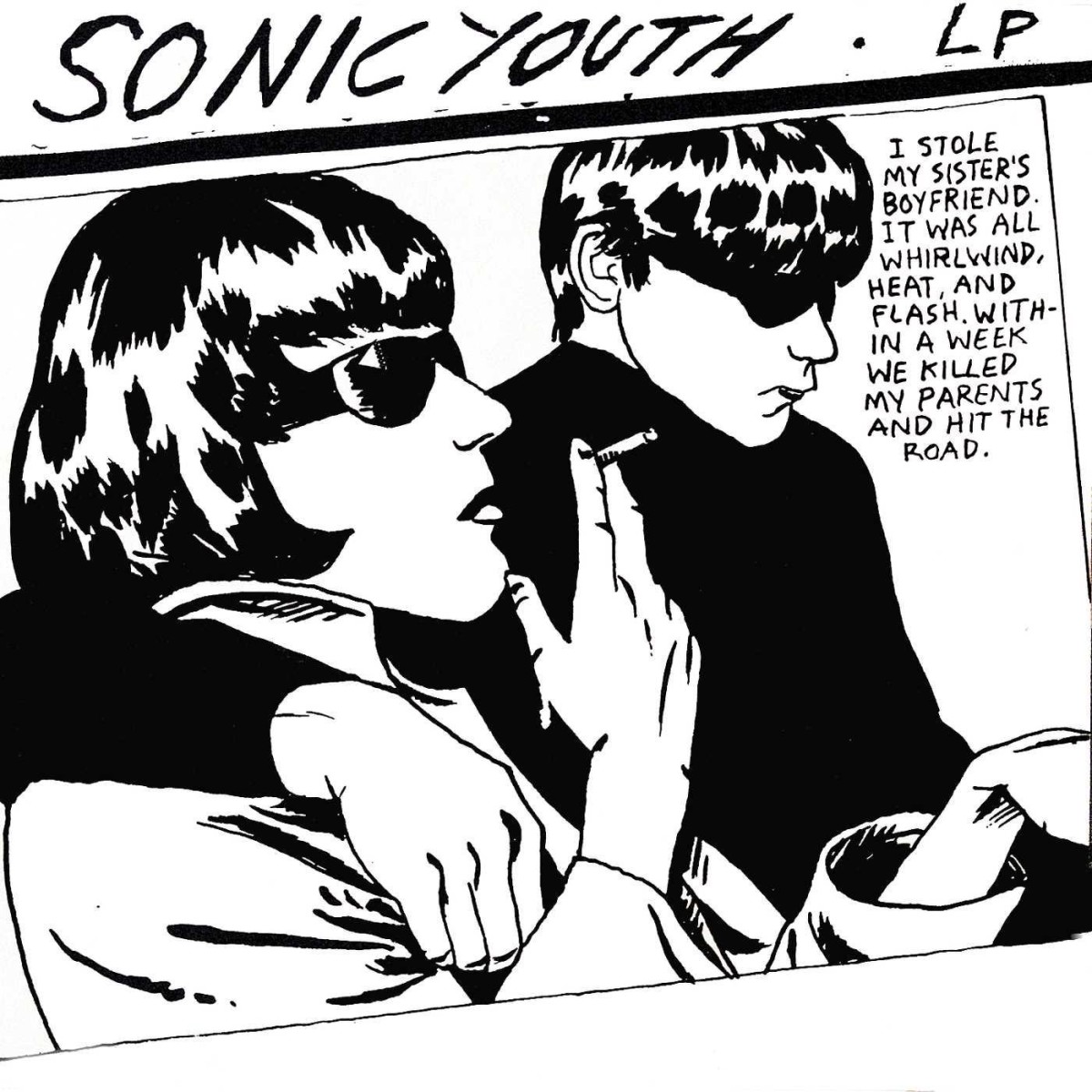
Sonic Youth – Goo
Goo is technically Sonic Youth’s major label debut, but its release represented a kind of do-over after the distribution problems the group ran into with Enigma Records—an independent label with major label distribution—and their 1988 album Daydream Nation. After spending $30,000 on that album and not seeing commercial performance match up to its critical acclaim, the group made a deal with Geffen Records that would last for more than two decades, beginning with Goo. The album, though still rife with the band’s noise-ridden freakouts and buzzy dirges, it saw them making the most of their newfound resources, with tracks like “Kool Thing,” featuring a guest appearance from Chuck D, predicting the grunge explosion ever slightly too early. – Jeff Terich
Listen/Buy: Spotify | Turntable Lab (vinyl)

Dinosaur Jr. – Green Mind
When Green Mind released in 1991, Dinosaur Jr.’s central nervous system was already frayed. Lead singer, guitarist and songwriter J. Mascis pulled much of the load, having just kicked out bassist and fellow songwriter Lou Barlow. Drummer Murph played on only three tracks. Still, the Massachusetts indie rock band’s major label debut is awash with sludge, heavy doses of distortion and layer upon layer of solid melodic riffs. Mascis’ deadpan vocal delivery, as if he just got dragged out of bed, provides a subdued emotional bandage that anyone can understand. Songs about dysfunctional relationships, confusion and internal fears are spiked with ear-splitting, monumental guitar solos. “Wagon,” about Mascis trying to reach his girlfriend and finding only a locked door, is emblematic of a tumultuous group with as much potential for influencing genres like shoegaze and grunge as for imploding at any minute. – Emily Reily
Listen/Buy: Spotify | Amazon (vinyl)
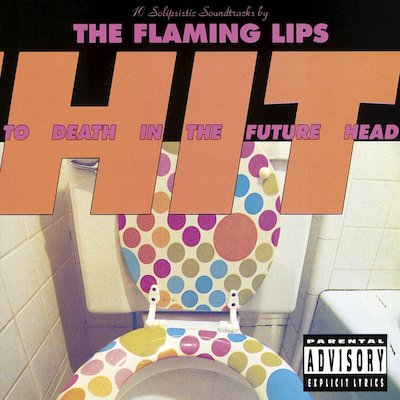
The Flaming Lips – Hit to Death in the Future Head
More noise pop than rock, The Flaming Lips’ Warner Bros. debut is easily one of the strongest in their entire catalog. Melodic yet still sonically incandescent, the album flows between a potent mixture of samples, and old-school Flaming Lips cacophonous weirdness. But this time, for every single face-melting riff, there’s an earworm of a chorus running alongside it. Unforgettably, the band’s distinct profile of searing guitar work, throttling percussion and Wayne Coyne’s over/under produced vocals shine brilliantly on the first track, a perverse doo-wop noise affair with an unforgettable title: “Talkin’ ‘Bout the Smiling Deathporn Immortality Blues (Everyone Wants to Live Forever)”. Regardless of the bigger backing behind the album, the band still manages to eke out sheer weirdness on “Frogs” and the dadaist prologue to future efforts, “Felt Good to Burn.” This effectively became the last hurrah for the first wave of the band, and a sign of just how brilliant and how weird things were going to get. – Brian Roesler
Listen: Spotify

The Afghan Whigs – Gentlemen
Gentlemen is the unforgettable result of Elektra’s gamble on a post-punk/R&B/grunge outfit from Cincinnati, whose previous (and eventually subsequent) output had been released via Seattle indie institution Sub Pop. Greg Dulli delivers uncomfortably revealing, self-loathing and sometimes hateful lyrics in a ragged but captivating voice. “Debonair” is the banger, Rick McCollum’s corrosive riffs and airtight John Curley/Steve Earle (not that one) rhythm section under Dulli as he improbably turns lines like “And it don’t bleed, and it don’t breathe/It’s locked its jaws and now it’s swallowing!” into rallying cries. But “My Curse” is the heart of the record, the toxic confession most of Gentlemen tries to fight off with nihilistic hedonism. It’s so self-abnegating that Dulli wouldn’t sing it himself—assigning vocals to Marcy May of Scrawl. When the record ends with a please-take-me-back Tyrone Davis cover followed by an instrumental funeral dirge, you’ve been through so much dirty laundry it’s almost a mercy killing. – Liam Green
Listen: Spotify
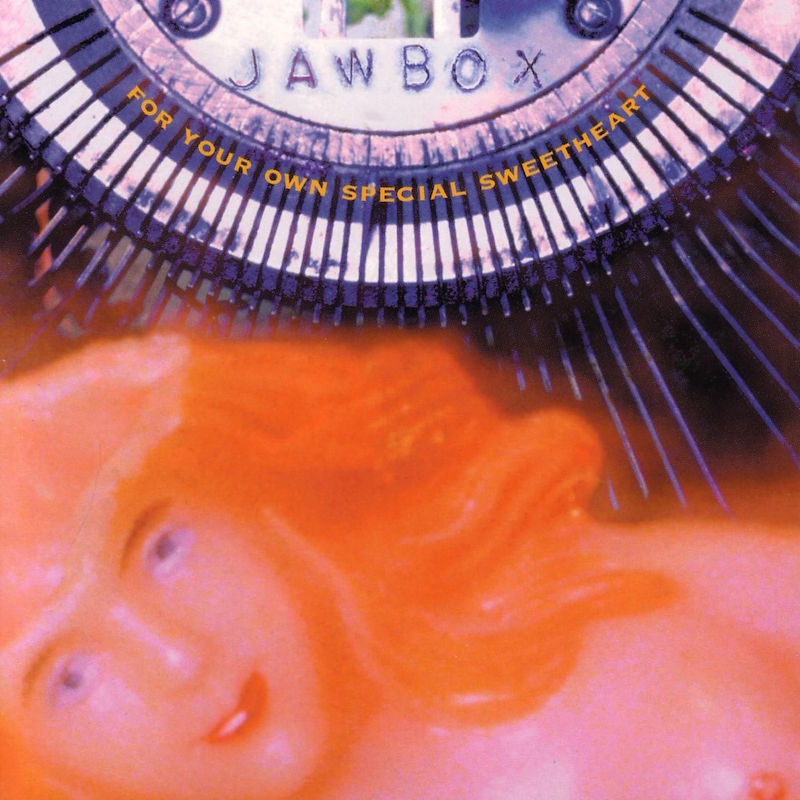
Jawbox – For Your Own Special Sweetheart
A confession: when asked to write about this album, I hadn’t given a complete listen to it in at least 20 years. But hearing anthemic moments in songs like “Cooling Card,” “Savory,” and “Jackpot Plus!” felt like a gleeful reunion with an old friend. “When you examined the wreck, what did you see? Glass everywhere and wheels still spinning free,” the opening lines of “Motorist,” comprise as succinct a distillation of the power contained in the third LP from this DC post-hardcore crew, energy emanating from every tangled melody, peal of feedback, and turn of phrase. For Your Own Special Sweetheart shows off a variety and artistry not even Helmet could muster on their highly regarded Meantime album, with the kind of spotlight Fugazi were unwilling to shine on themselves. – Adam Blyweiss
Listen/Buy: Bandcamp | Turntable Lab (vinyl)
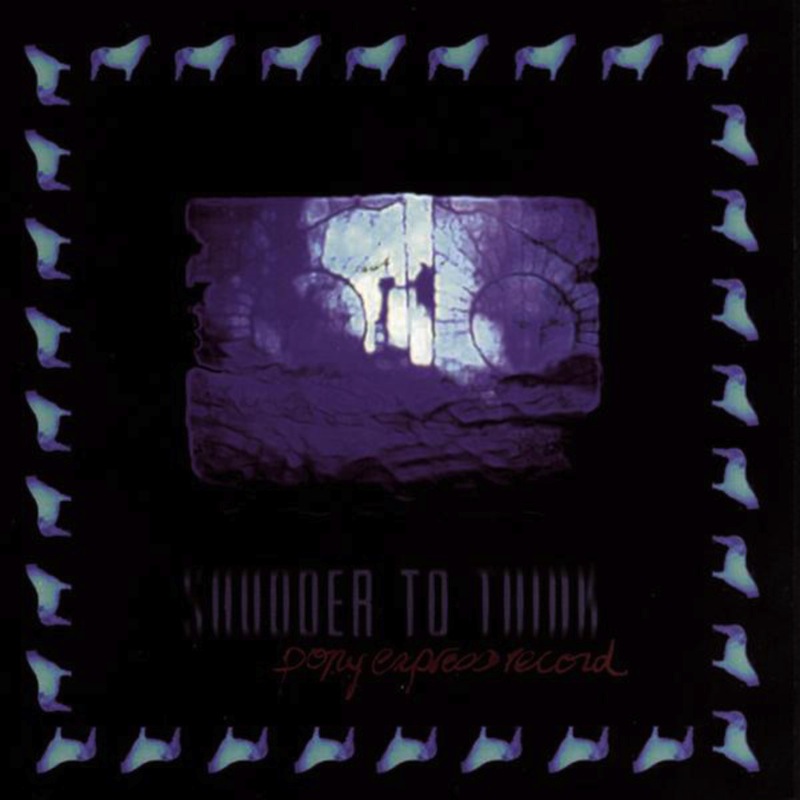
Shudder to Think – Pony Express Record
The most graceful leap from an indie to a major label in the 1990s had to have been Shudder to Think’s 1994 album Pony Express Record. The group went from releasing music on Washington, D.C. institution Dischord to Sony subsidiary Epic, not only without a whiff of selling out, but with an ear toward more avant garde sounds. The album sounded more polished, production-wise, but the flamboyant oddity of their songwriting remained intact with zero compromise. Single “X-French Tee Shirt” is catchy, but even that somewhat commercial moment is dissonant and structurally unconventional—riding out on an extended one-chord chorus. – Wil Lewellyn
Listen: Spotify
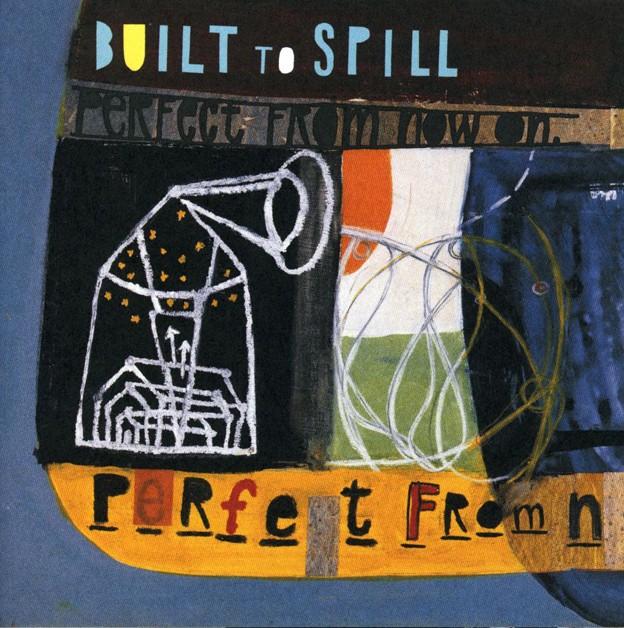
Built to Spill – Perfect from Now On
The title of Built to Spill’s third album and first for Warner Bros. is taken from a line in its leadoff track, “Randy Describes Eternity.” But it feels almost more like a mission statement, a declaration of self-actualization and dedication. That didn’t necessarily have anything to do with the Boise band’s major label pivot, but the coincidence is hard to ignore. Where their charmingly lo-fi There’s Nothing Wrong With Love more than made up for its scrappy sound with outsized songwriting, Perfect From Now On actually sounds pretty close to perfect, Doug Martsch’s guitars soaring and shimmering with the epic clarity of Television and the effects-laden psychedelic sensibility of their then-labelmates The Flaming Lips. This sounded too rich and luxurious to still be called “indie rock,” even if it reached too far outside mainstream alt-rock to be called anything else. – Jeff Terich
Listen/Buy: Spotify | Amazon (vinyl)

Elliott Smith – XO
Once Elliott Smith found himself nominated for an Academy Award for “Miss Misery,” the breakout song from 1997’s Good Will Hunting, the Portland singer/songwriter’s move to a major seemed inevitable, however understated his presence might have seemed. XO, his first of two albums for Dreamworks, makes the most of what a large record company budget will get you—string arrangements, lush studio sound and the kind of gorgeously orchestral sound that more than earns its comparisons to Pet Sounds or The Beatles’ most ambitious material. Some of its greatest moments, like “Pitseleh” or “Tomorrow Tomorrow,” still prove that Smith was often at his best without any additional elements, but the climactic swell of “Everybody Cares, Everybody Understands” offers a compelling counterpoint: He wore maximalism just as well. -Jeff Terich
Listen/Buy: Spotify | Amazon (vinyl)
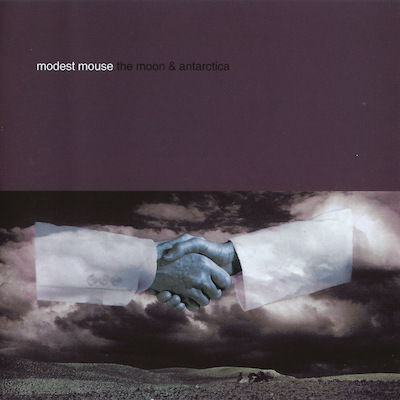
Modest Mouse – The Moon and Antarctica
The Moon & Antarctica found Modest Mouse at a crossroads. Predecessor The Lonesome Crowded West crackles with jagged, minimalist rage, while follow-up Good News For People
Who Love Bad News made them a commercial powerhouse. The Moon & Antarctica is the
middle stage, a hybrid record. It certainly sounds like a major label debut, with layers of steel, violin and keys cushioning Isaac Brock’s screeching guitar more than ever. At the same time, Lonesome’s weather-beaten roadtripper nihilism hasn’t faded—the scope has just widened, from the American road to the cosmos. As Brock sings on gorgeous opener “3rd Planet,” “The universe is shaped exactly like the earth, if you go straight along enough you’ll end up where you were.” The Moon & Antarctica brims with this kind of restless, open-hearted contemplation, and its musical energy never runs dry. For one electrifying hour, it offers a complete cross-section of what Modest Mouse can do. What’s not to love? – Casey Burke
Listen/Buy: Bandcamp | Turntable Lab (vinyl)

TV on the Radio – Return to Cookie Mountain
Following the tide of critical success they’d received via releases on independent powerhouse Touch and Go with 2003’s Young Liars and 2004’s Desperate Youth, Blood Thirsty Babes, TV on the Radio dropped Return to Cookie Mountain through Interscope Records. Indeed, there were moments of magic in their early work—songs like “Staring At the Sun” and “Blind,” for example, play as templates for their dense and experimental approach to indie rock. But it was RTCM that found the group firing on all cylinders—as ability, ambition and big league support seemed to coalesce into arguably their brightest moment. With lead single “Wolf Like Me” shining every bit its crown jewel, Return to Cookie Mountain is TV on the Radio in brilliant form. – J. Smith
Listen/Buy: Spotify | Amazon (vinyl)
Support our Site—Subscribe to Our Patreon: Become one of our monthly patrons and help support an independent media resource while gaining access to exclusive content, shirts, playlists, mixtapes and more.

